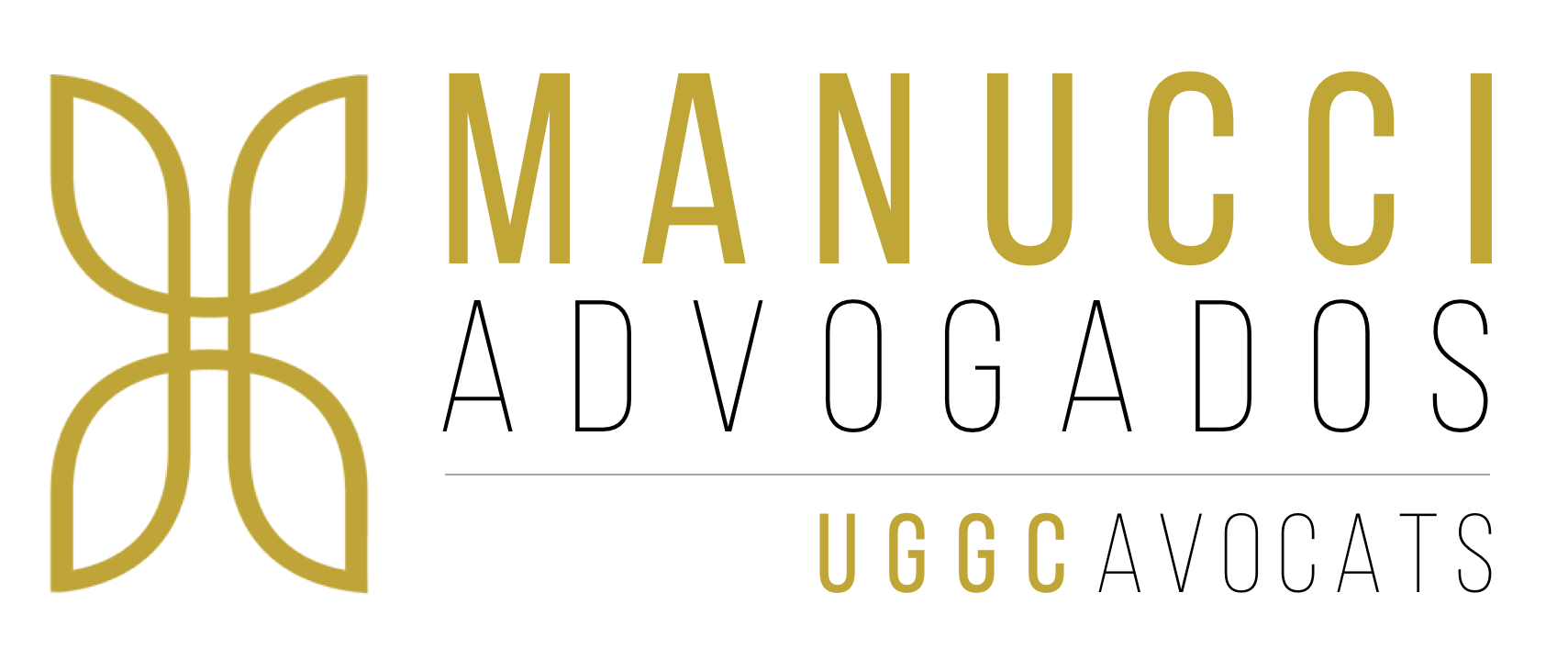Pedro Meira | Manucci Advogados
In recent years, Brazil has witnessed significant growth in the sports betting market and, simultaneously, an exponential increase in the involvement of digital influencers, who act as a powerful marketing tool to promote such platforms. However, this relationship, although lucrative, brings important legal implications, especially regarding the responsibility of these influencers.
Recent police operations, reported nationally, have highlighted the need to discuss the role these professionals play and the risks involved in promoting these “betting houses,” given the regulatory gaps that leave room for interpretation, especially concerning the advertising and promotion of these services.
A central point of recent questioning is precisely the recognition of the responsibility of influencers in promoting these platforms, as by promoting a product or service, influencers can be co-responsible for any damages caused to consumers.
This aligns with the understanding that these professionals act as true “spokespersons” for brands, and are therefore responsible for the truthfulness and legality of the information they disclose.
Brazilian jurisprudence still has sparse decisions on this topic; however, in a recent ruling (case no. 0031564-51.2019.8.16.0182), the 5th Recursal Chamber of the Court of Justice of Paraná upheld the conviction of a digital influencer, clarifying that: “the appellant cannot evade the damages caused concerning the content she discloses. (…) social influence alone should attribute to its agent the imputation of responsibility due to its social appeal for the disclosed content. The digital influencer begins to exercise and associate her actions with economic activity and, due to the social importance attributed at this point, civil liability represents a form of prevention of potential harm to society in general.”
In this sense, countries like France and Germany have adopted stricter legislation requiring influencers to explicitly state when a post has advertising purposes, in addition to prohibiting the promotion of any activity related to betting, cryptocurrency investments, or other risky activities.
The responsibility of influencers becomes even more relevant when linked to betting platforms, as it deals with sensitive issues such as the possibility of addiction and the protection of minors. The absence of strict control over the disclosed content can result in the promotion of illegal activities and/or violation of consumer rights, generating serious legal consequences for professionals.
Given this scenario, it is imperative that influencers adopt a cautious stance when promoting/disclosing to their followers services related to betting or other similar activities. Besides ensuring that the platforms are properly licensed and regulated, they must be attentive to the legal guidelines governing the sector, such as the prohibition of advertising directed at minors and clarity about the risks involved in betting.
Those who do not act with due caution may be held jointly liable for any damages suffered by consumers of services or products, such as in cases of fraud or lack of transparency in information, resulting in lawsuits and fines, with both financial and reputational impacts on these influencers.
Given the uncertainties that still surround the sports betting sector, it is advisable that influencers, advised by legal professionals, closely follow legislative and regulatory changes, thus ensuring ethical and lawful conduct. This is a relatively new area and, therefore, still being perfected, and specialized support can be a decisive differential for the legal security of those involved.










